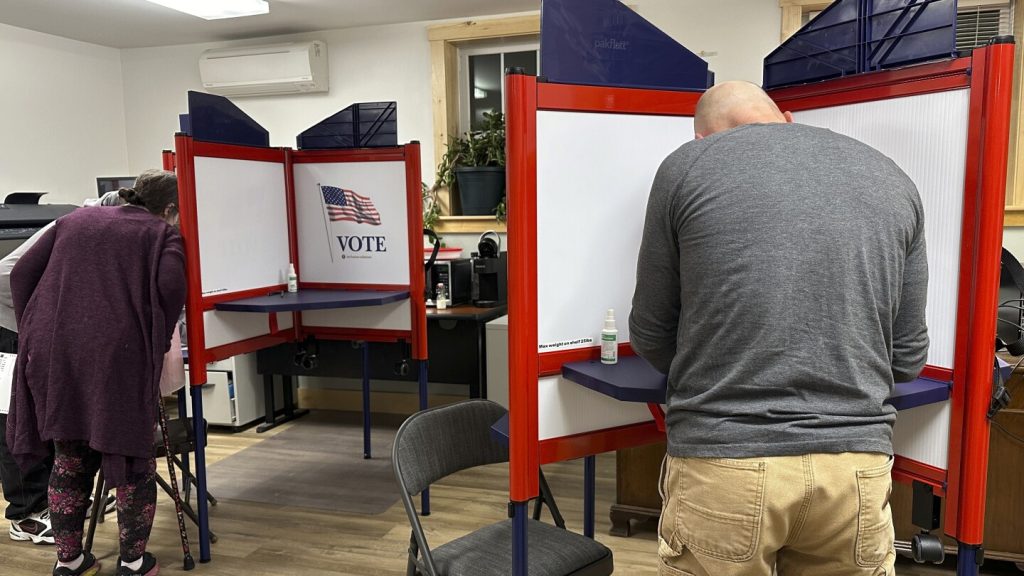Republicans are planning to make significant changes to the nation’s voting procedures, seizing the opportunity presented by their control of the White House and Congress. They aim to pass legislation that includes voter ID and proof-of-citizenship requirements, citing the need to restore public confidence in elections. Democrats, on the other hand, argue that these changes are unnecessary and could restrict access to voting.
The main legislation that Republicans plan to push includes the American Confidence in Elections Act and the Safeguard American Voter Eligibility Act, known as the ACE and SAVE acts, respectively. GOP Rep. Bryan Steil of Wisconsin expressed confidence in their ability to move these pieces of legislation forward with unified Republican government. However, the party’s narrow majorities in both the House and Senate could present challenges in gaining support for these bills.
Democrats are pushing for measures to make voting easier, not harder, and have concerns about the restrictive nature of the GOP bills. New York Rep. Joe Morelle emphasized the need for bipartisan support for issues such as dedicated federal funding for election offices and limiting foreign money in U.S. elections. He also expressed disappointment with the GOP’s claims of widespread voting by noncitizens, which he described as extremely rare and largely unsubstantiated.
Republicans argue that the current voter registration system relies on an ‘honor system’ with loopholes that allow noncitizens to register and vote. They want to tighten the process by requiring proof of citizenship, such as a REAL ID-compliant driver’s license, passport, or birth certificate. Georgia officials conducted audits to verify the citizenship status of registered voters and did not find any instances of noncitizens voting. Secretary of State Brad Raffensperger credits the state’s early adoption of REAL ID and use of automatic voter registration for ensuring voter list accuracy.
If Congress passes any changes to voting procedures, it will be up to election officials across the country to implement them. Secretary of State Raffensperger and Michigan Secretary of State Jocelyn Benson caution against moving the country to a single day of voting, as it could restrict access to mail-in ballots and early voting, which are popular among voters. They suggest that lawmakers look to successful voting practices in their states as a model for national reforms.
Overall, the debate over voting reforms is shaping up to be a contentious issue between Republicans and Democrats in the coming year. While Republicans are focused on restoring public trust in the electoral process, Democrats are concerned about potential voter suppression and restrictions on voting access. The outcome of this debate will have significant implications for the future of elections in the United States.


